What is Cardano (ADA)?
Last updated
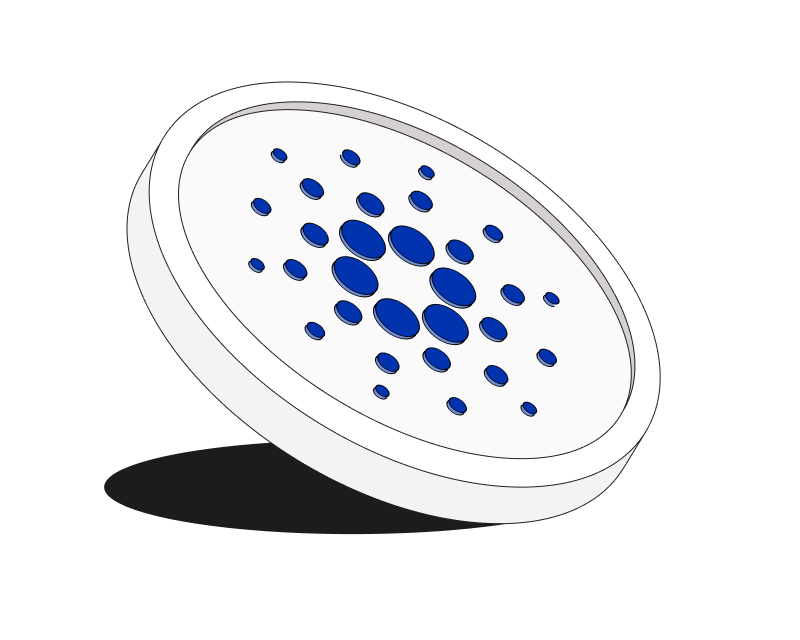
Table of Contents
Cardano (ADA): A Deep Dive into the Blockchain Platform and Its Cryptocurrency
Cardano is a blockchain platform launched in 2017 by Charles Hoskinson, co-founder of Ethereum. It aims to provide a secure, sustainable, and scalable foundation for cryptocurrencies and decentralized applications (dApps), emphasizing a scientific philosophy and peer-reviewed research. Its native cryptocurrency, ADA, is integral to the platform's operation. This article explores Cardano, its features, and its role in the blockchain and cryptocurrency world.
Get started with a quick introduction to cryptocurrencies and blockchain technology.
What is Cardano?
Cardano distinguishes itself through a layered architecture and a focus on academic research. Its two main layers are:
- Cardano Settlement Layer (CSL): Handles ADA transactions and balances, similar to how Bitcoin handles transactions. Learn more about how Bitcoin transactions work.
- Cardano Computation Layer (CCL): Executes smart contracts and dApps, providing the functionality for building decentralized applications.
This separation enhances scalability and flexibility.
Learn more about blockchain layers and scalability, and dive deeper into the world of Bitcoin layer-2 and Ethereum layer-2 scaling solutions.
Cardano's Key Features and ADA Cryptocurrency
Cardano incorporates several key features that set it apart:
-
Proof-of-Stake (PoS) Consensus: Cardano uses Ouroboros, a PoS consensus mechanism, making it more energy-efficient than Proof-of-Work blockchains like Bitcoin. Validators are chosen based on their ADA stake. Learn more about staking and Ethereum's PoS.
-
Smart Contracts and dApps: Cardano supports smart contracts, enabling the development of dApps and decentralized finance (DeFi) applications.
-
ADA - The Native Cryptocurrency: ADA, named after Ada Lovelace, is used for transaction fees on the Cardano network, staking to participate in consensus and earn rewards, and governance to vote on proposals. Learn about crypto network fees. Some also view ADA as a store of value, similar to Bitcoin. Explore the concept of Bitcoin as a store of value.
-
Decentralized Governance: ADA holders can participate in Cardano's governance, proposing and voting on protocol changes, similar to how Ethereum's governance works. Learn more about governance in Ethereum and how it compares with Bitcoin's governance.
Cardano and DeFi, NFTs, and Interoperability
Cardano's smart contract functionality enables a range of applications:
-
DeFi Applications: Decentralized Exchanges (DEXs) for trading crypto without intermediaries, lending and borrowing platforms, stablecoins, and more.
-
NFTs (Non-Fungible Tokens): Cardano supports the creation and trading of NFTs.
-
Interoperability: Cardano aims to connect with other blockchains, enabling the transfer of assets and data between different networks. Learn more about interoperability and crypto bridges.
Cardano vs. Ethereum
Both Cardano and Ethereum are leading smart contract platforms, but they have different approaches:
-
Philosophy and Development: Cardano follows a scientific, research-driven approach, while Ethereum has a more community-driven development process.
-
Technology: Cardano utilizes Ouroboros PoS from its inception, while Ethereum transitioned from Proof-of-Work to Proof-of-Stake.
-
Ecosystem Maturity: Ethereum currently has a larger developer community and a more established dApp ecosystem.
Getting Started with Cardano (ADA)
Learn how to buy, sell, send, and receive ADA and other cryptocurrencies with these essential guides:
- Buy and Sell Crypto: How to Buy Crypto | How to Sell Crypto.
- Crypto Wallets: What is a Crypto Wallet? | How to Create a Crypto Wallet | How to Choose the Right Crypto Wallet.
- Sending and Receiving Crypto: How to Send Crypto | How to Receive Crypto.
- Secure your crypto: Digital Asset Security.
Ensure safe and efficient transactions while securing your digital assets.
Conclusion
Cardano is a blockchain platform with a focus on scalability, security, and sustainability. Its ADA cryptocurrency plays a vital role in its ecosystem. While relatively new compared to Ethereum, Cardano's potential in the DeFi space and its commitment to research and development make it a project to watch in the evolving blockchain landscape.
Interview with Cardano Co-Founder Charles Hoskinson
Bitcoin.com recently spoke with Charles Hoskinson, co-founder of Cardano, about some of the biggest technical, regulatory, and cultural questions facing the crypto industry today.
In the interview, Hoskinson discusses emerging risks such as quantum computing, evolving U.S. crypto policy, and the role of governance in large blockchain ecosystems. He also shares his perspective on digital asset treasuries and explores how Bitcoin and Cardano could increasingly intersect, including efforts to enable Bitcoin-related functionality within the Cardano ecosystem. The conversation offers insight into how long-term protocol design, regulatory clarity, and collaboration across networks may shape crypto’s next phase.
Learn more about altcoins, blockchain technology and the different blockchain layers.
Related guides
Start from here →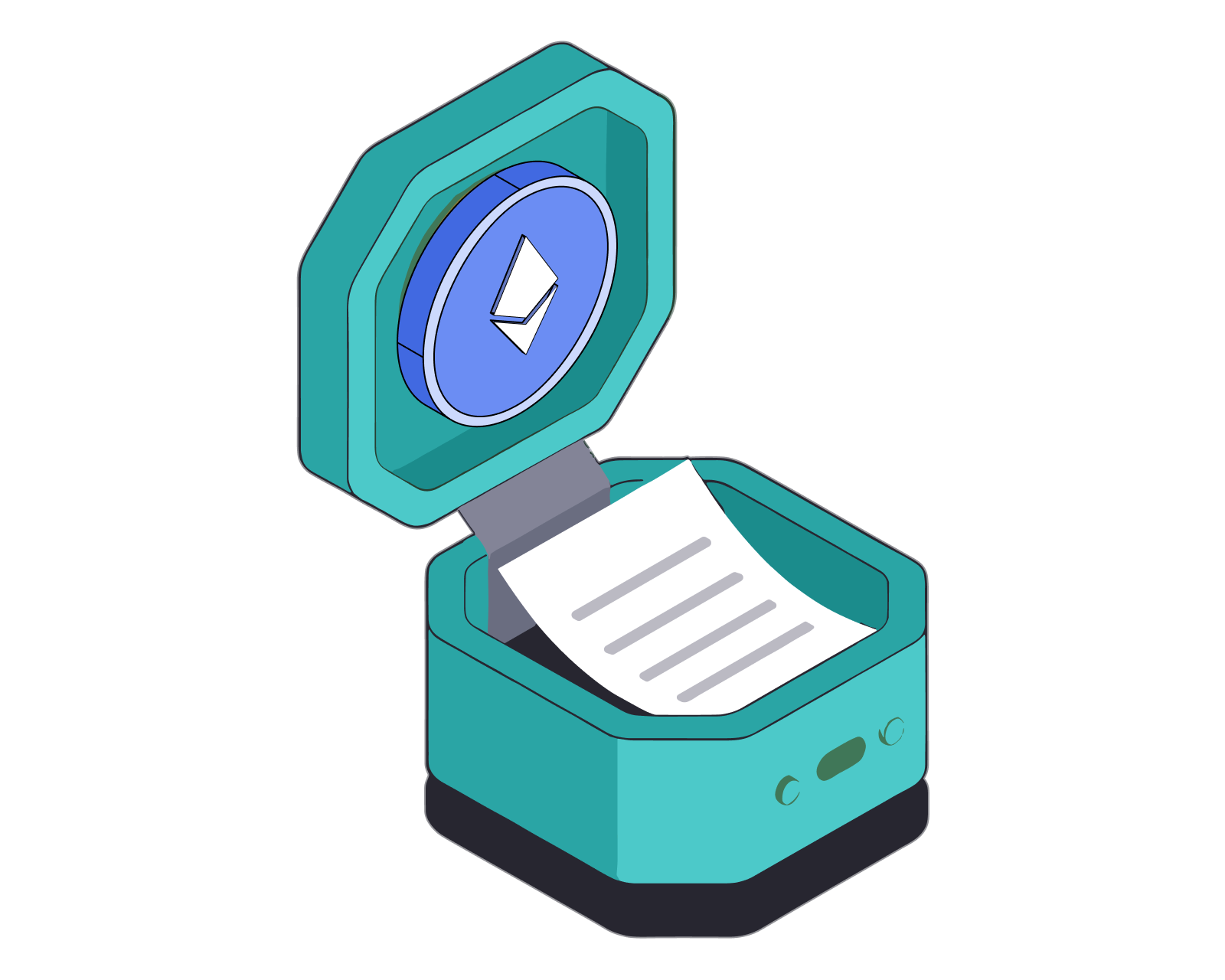
What's a smart contract?
Get the basics on the "software" that runs on decentralized networks.

What's a smart contract?
Get the basics on the "software" that runs on decentralized networks.
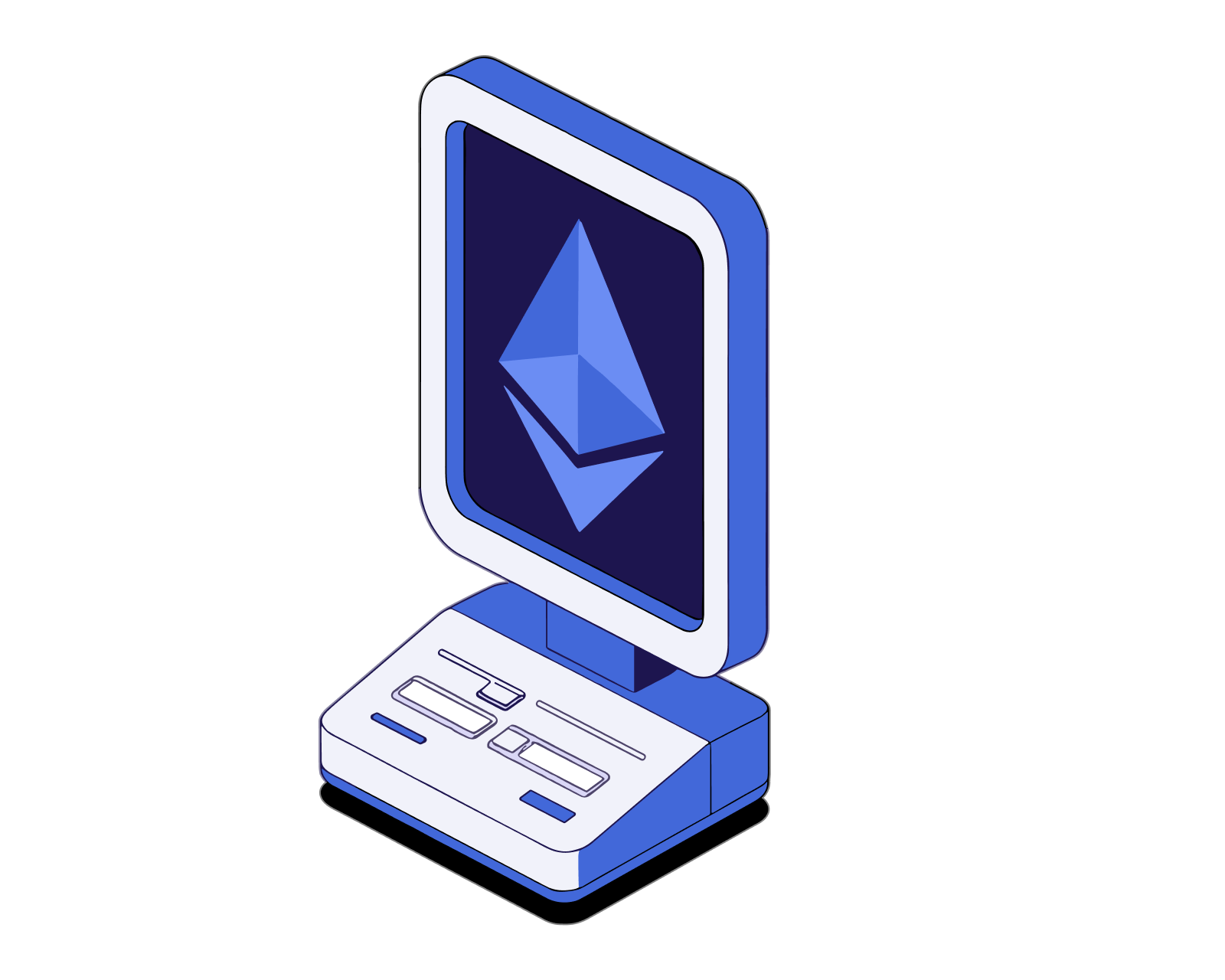
What is DeFi?
Learn what makes decentralized finance (DeFi) apps work and how they compare to traditional financial products.

What is DeFi?
Learn what makes decentralized finance (DeFi) apps work and how they compare to traditional financial products.
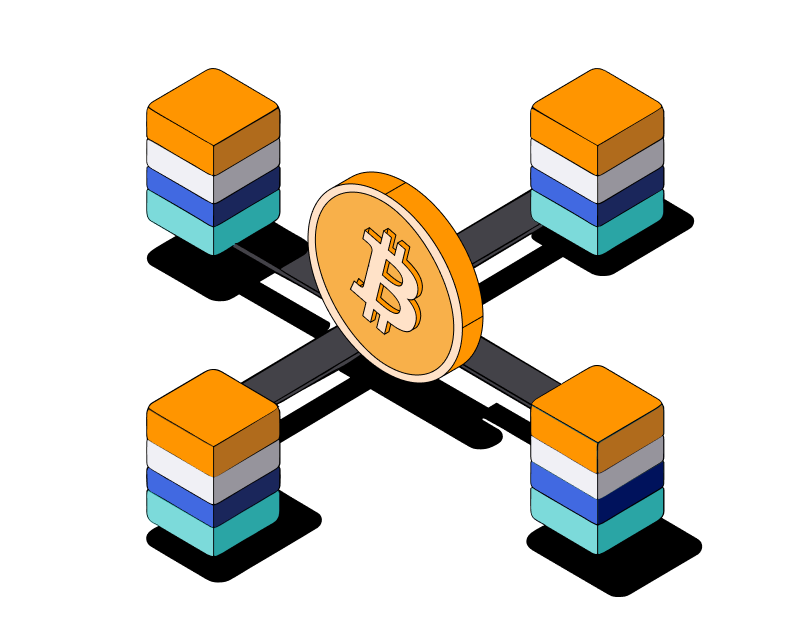
What is a Blockchain?
This beginner's guide explains blockchain, its importance in cryptocurrencies, and how it works. Explore its uses, advantages, and future potential.

What is a Blockchain?
This beginner's guide explains blockchain, its importance in cryptocurrencies, and how it works. Explore its uses, advantages, and future potential.
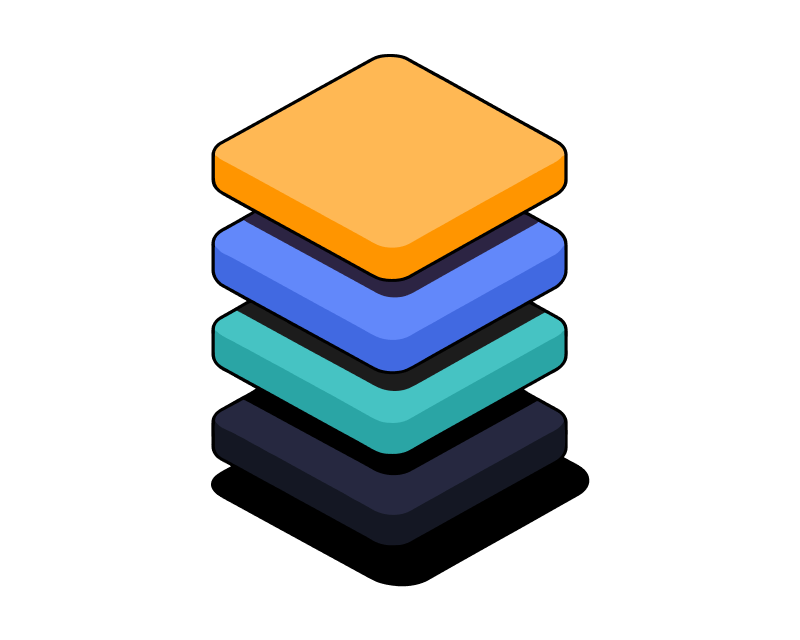
Blockchain Layers Explained
A deep dive into the different layers of blockchain technology, from Layer 0 to Layer 3, and their role in the crypto ecosystem.

Blockchain Layers Explained
A deep dive into the different layers of blockchain technology, from Layer 0 to Layer 3, and their role in the crypto ecosystem.
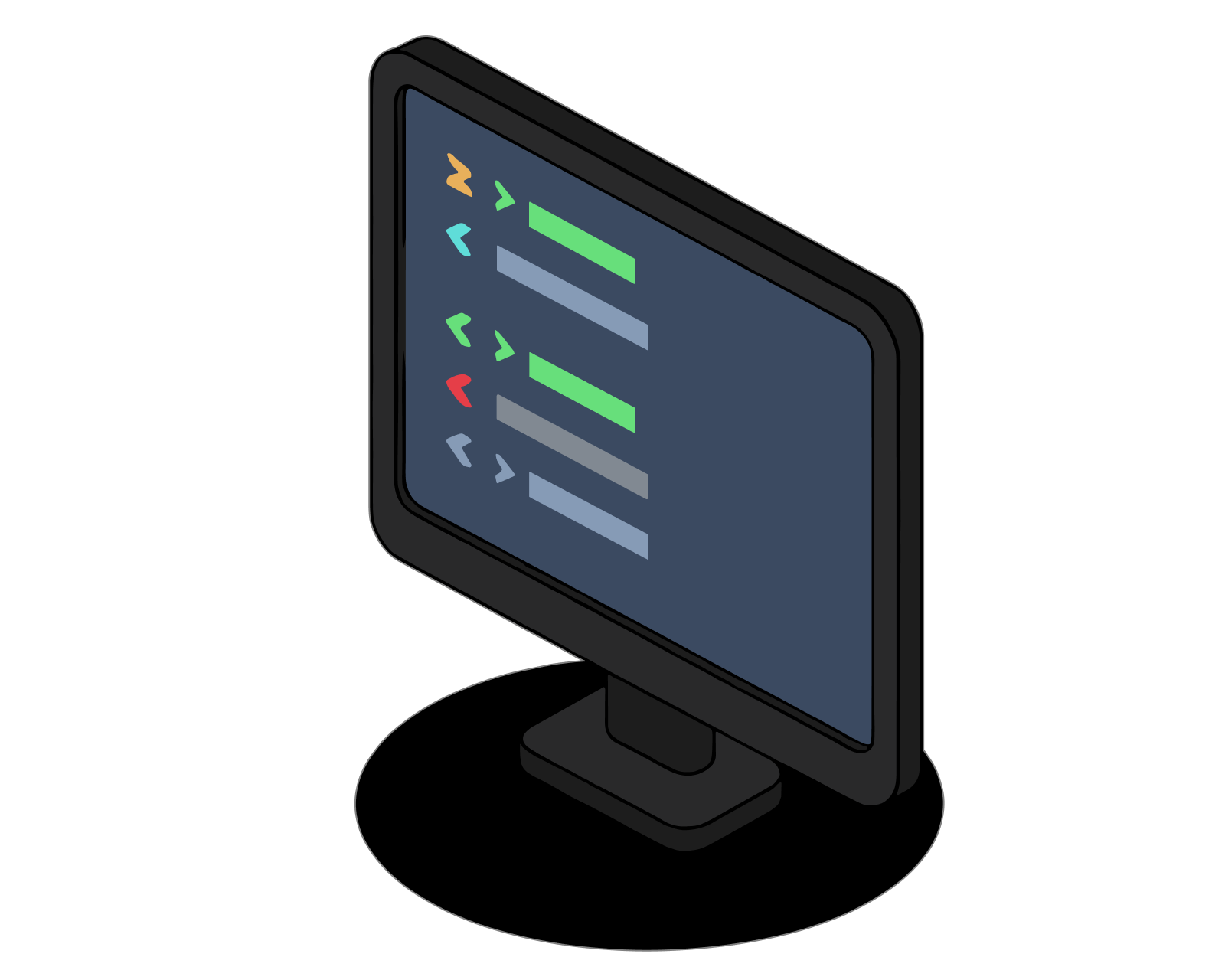
What is a DEX?
A decentralized exchange (DEX) is a type of exchange that specializes in peer-to-peer transactions of cryptocurrencies and digital assets. Unlike centralized exchanges (CEXs), DEXs do not require a trusted third party, or intermediary, to facilitate the exchange of cryptoassets.

What is a DEX?
A decentralized exchange (DEX) is a type of exchange that specializes in peer-to-peer transactions of cryptocurrencies and digital assets. Unlike centralized exchanges (CEXs), DEXs do not require a trusted third party, or intermediary, to facilitate the exchange of cryptoassets.

Learn the basics of cryptocurrency
Are you new to cryptocurrency? Get a simple introduction and learn why crypto matters.

Learn the basics of cryptocurrency
Are you new to cryptocurrency? Get a simple introduction and learn why crypto matters.
STAY AHEAD IN CRYPTO
Stay ahead in crypto with our weekly newsletter delivering the insights that matter most
Weekly crypto news, curated for you
Actionable insights and educational tips
Updates on products fueling economic freedom
No spam. Unsubscribe anytime.
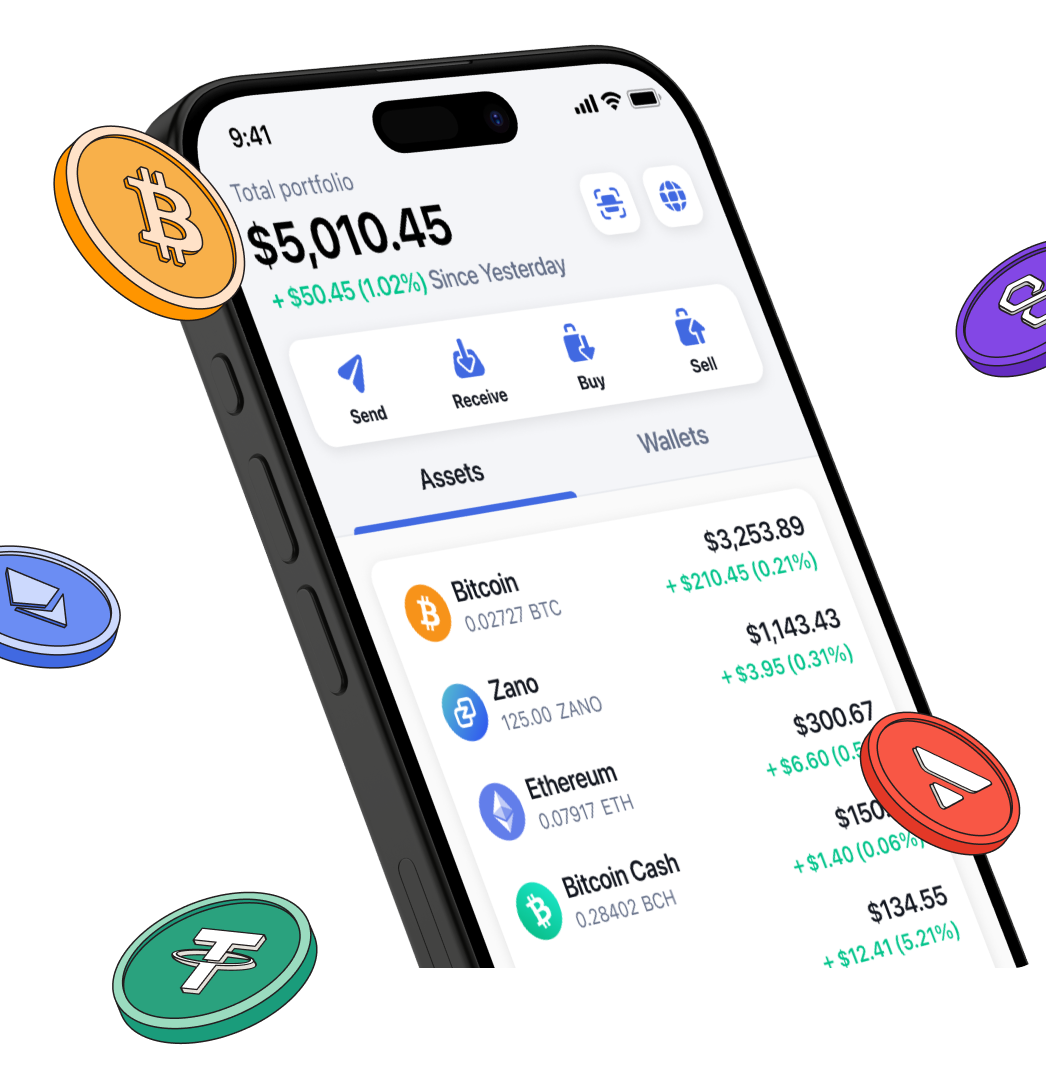
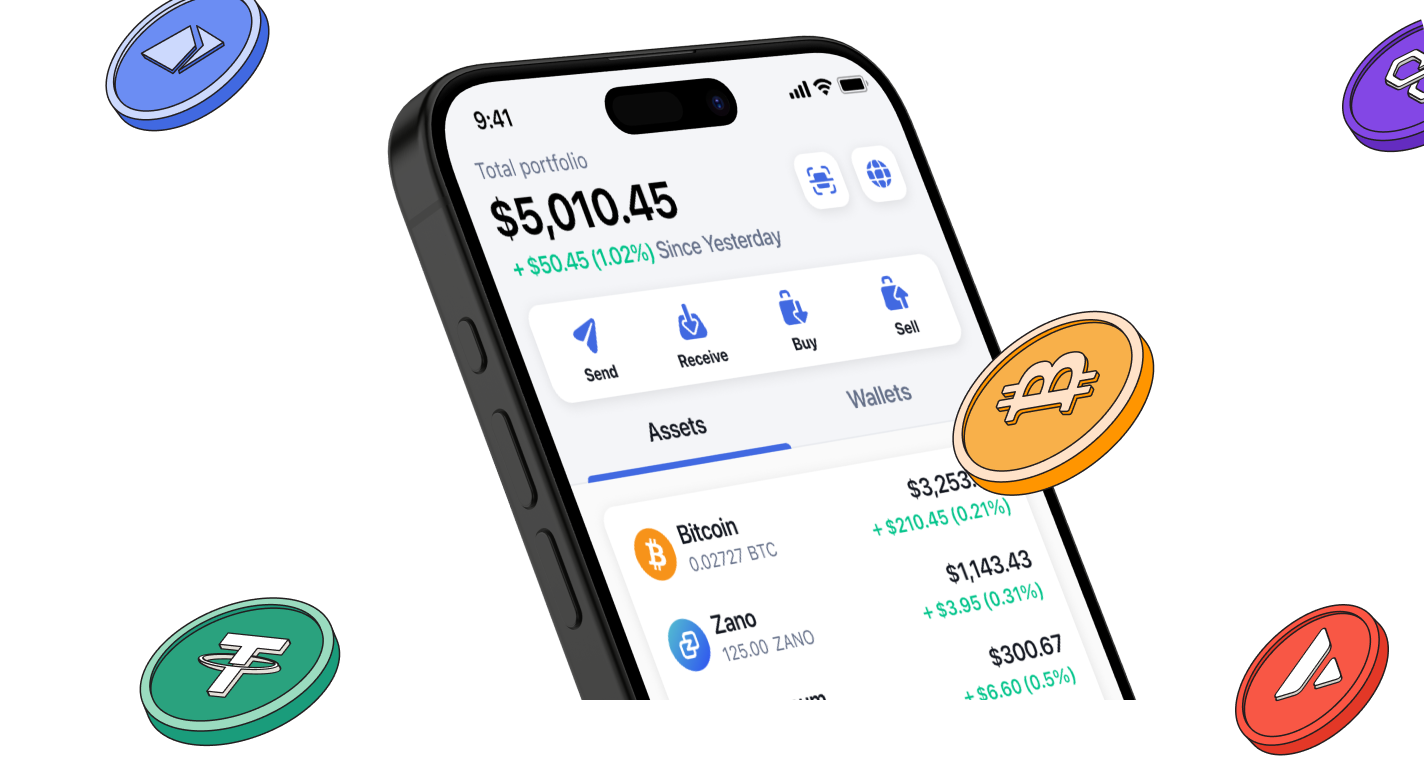
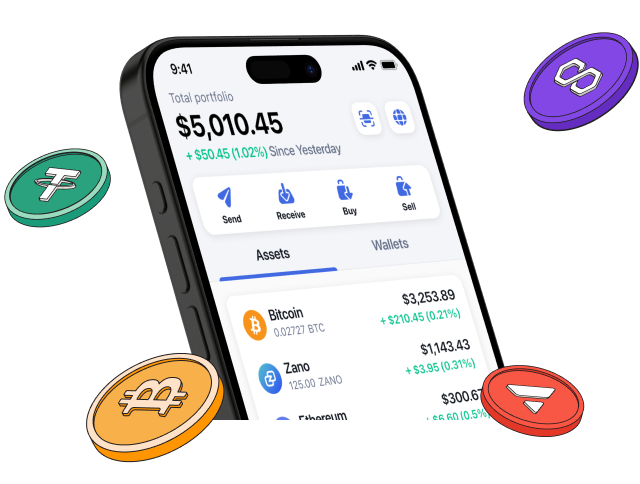
Start investing safely with the Bitcoin.com Wallet
Over wallets created so far
Everything you need to buy, sell, trade, and invest your Bitcoin and cryptocurrency securely

© 2026 Saint Bitts LLC Bitcoin.com. All rights reserved




